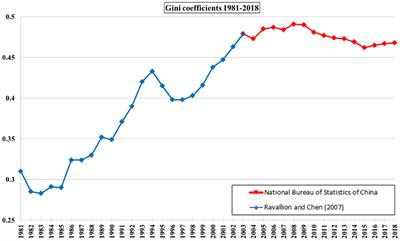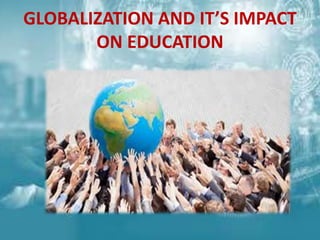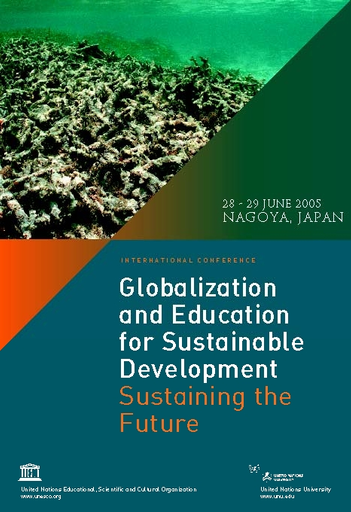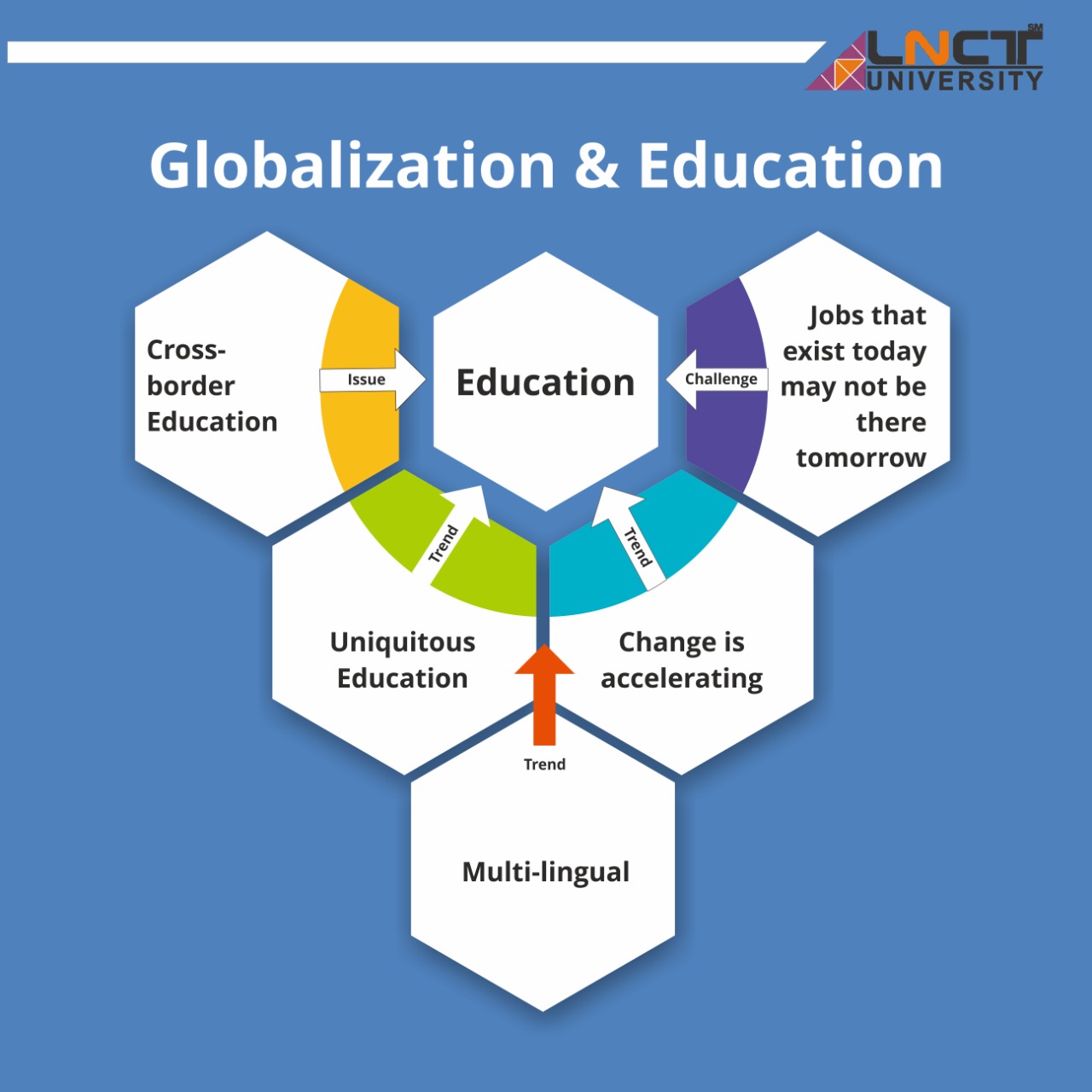Globalization is a complex and multifaceted process that has had a significant impact on many aspects of society, including education. On the one hand, globalization has brought numerous benefits to the education sector, such as increased access to educational resources and opportunities, the sharing of knowledge and best practices, and the fostering of cultural exchange and understanding. On the other hand, globalization has also had some negative effects on education, including the exacerbation of economic and social inequalities and the potential for the homogenization of educational systems and curricula.
One of the main positive effects of globalization on education has been the increased access to educational resources and opportunities. The proliferation of the internet and other communication technologies has made it easier for people around the world to access educational materials and resources, regardless of their location or socio-economic status. This has opened up new opportunities for learning and personal development, and has helped to democratize education to some extent.
Globalization has also facilitated the sharing of knowledge and best practices between different countries and regions. This has allowed educators to learn from each other and adopt successful educational models and approaches from around the world. For example, countries with strong education systems, such as Finland and South Korea, have been able to share their experiences and expertise with other countries, helping to improve the quality of education in those places.
In addition, globalization has fostered cultural exchange and understanding by bringing people from different countries and cultures into closer contact with each other. This has had a positive impact on education by promoting cultural awareness and tolerance, and by providing students with the opportunity to learn about different cultures and ways of life.
However, globalization has also had some negative effects on education. One of the main concerns is that it has exacerbated economic and social inequalities, with some students and schools benefiting more from globalization than others. For example, students from affluent families may have greater access to educational resources and opportunities, such as international study programs and advanced technology, than students from less privileged backgrounds.
Another negative effect of globalization on education is the potential for the homogenization of educational systems and curricula. As countries around the world adopt similar educational models and approaches, there is a risk that local traditions and cultures will be lost, leading to a more uniform and standardized education system. This could have a negative impact on creativity and innovation, and could limit the development of critical thinking skills.
In conclusion, globalization has had both positive and negative effects on education. While it has increased access to educational resources and opportunities and facilitated the sharing of knowledge and best practices, it has also exacerbated economic and social inequalities and the potential for the homogenization of educational systems and curricula. It is important for educators and policy makers to carefully consider the potential impacts of globalization on education and to take steps to mitigate any negative effects.







